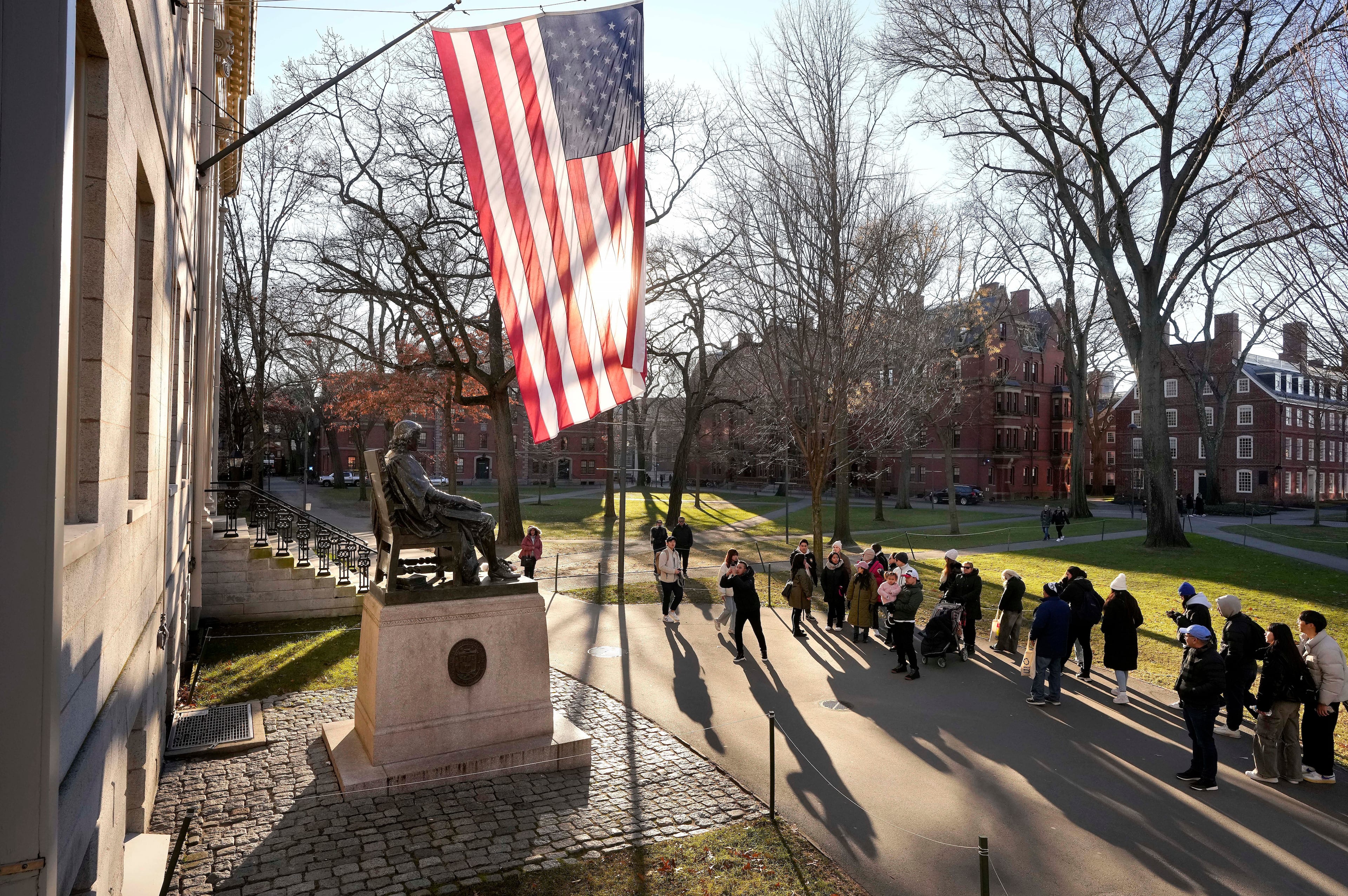TORPY: Slavery-apologizing Confederate history censor still honored at UGA

Bob Miller knows he’s tilting at windmills. For the past year, the retired Atlanta attorney has tried to get the University System of Georgia to erase a blot on the heart of UGA’s campus: Rutherford Hall.
The white-columned, redbrick dormitory, on the Myers quad, is named for Mildred Lewis Rutherford, a woman dead for a century and largely forgotten. But her legacy defiled history taught in schools for generations.
As president of the United Daughters of the Confederacy, Rutherford was a prominent voice for the Lost Cause and longtime leading censor of history books. She helped obscure the ugliness of slavery and after the Civil War promoted a narrative of a noble and chivalrous South.
Granted, lots of buildings across the South are named for those who did despicable things.
But Miller figures Rutherford is worse than many long-dead generals or politicians. Her thumbprint remained on school history books well into the 1950s and even the 1960s. He contends her efforts corrupted the education of young Southern students during their formative years and even helped fuel opposition to integration, including a riot he witnessed in 1961 as a sophomore at the University of Georgia.
Says Miller: “Rutherford Hall is a grotesque stain on my alma mater; the name must be changed. This state, my university, and the Board of Regents simply cannot continue to honor a leading cause of the race-inspired riot that remains a deep scar on what has become a first-rate university.”

He has sent political and education leaders well-researched findings about Rutherford and her campaign to whitewash the Confederacy and slavery. He recommended the name be changed to honor James Oglethorpe, the early Georgia leader who banned slavery.
Miller says his appeals have been met with “thundering silence.”
Rutherford was part of an early 1900s crusade in the South to romanticize secession as a valiant and virtuous effort, and to use white superiority as a framework for Jim Crow laws.
“The black man ought to thank the institution of slavery — the easiest road that any slave people have ever passed from savagery to civilization with the kindest and most human masters,” she wrote.
She published a pamphlet called: “A measuring rod to test textbooks and reference books in schools, colleges and libraries.”
It was a censorship road map that could stir envy in the current crop of MAGA history revisionists.

Among Rutherford’s recommendations to school officials and publishers:
“Reject a book that calls the Confederate soldier a traitor or rebel and the war a rebellion.”
“Reject a book that says the South fought to hold her slaves.”
“Reject a book that speaks of the slaveholder of the South as cruel and unjust to his slaves.”
Those slaveholders must have been thoughtful, right? Said so in the history books.
In 2020, not long after the killing of George Floyd, the university system formed a committee to research the names of hundreds of buildings and recommend changes. It found 75 to change and 21 (including Rutherford Hall) to “add context,” that is, erecting plaque to note a fuller story.
The report took 18 months to complete and then the Regents did nothing. The furor over the sins of yore had cooled and Georgia’s GOP was not in the mood for such acts of political correctness.
Miller started his campaign after determining he and his fellow elementary students of the 1950s had been brainwashed.
In 7th grade, he won a Daughters of the Confederacy essay contest. “Garbage in, garbage out,” he says. It was 1954, the time of the U.S. Supreme Court’s seismic Brown v, Board of Education ruling.

While researching his educational past, Miller got hold of his 8th grade Georgia history book, “Empire Builders of Georgia.” It was worse than he remembered. I paged through the book and found no mention of Jim Crow, the KKK, lynchings or Atlanta’s 1906 race riot.
It told of “faithful slaves” hiding their beloved masters’ valuables as Yankee invaders marauded.
Also: “In general where the master lived on his plantation, there was a happy relationship between him and his slaves.”
One can almost hear the grateful tones of Negro spirituals.
He believes such indoctrination created and sustained racism and stubborn integration.
“It was significant because we were taught that, as were our parents, our grandparents, our teachers, politicians and preachers,” he said.
I wrote to UGA President Jere Morehead and Georgia Chancellor Sonny Perdue, who knows how politics works. Heck, he won his governorship in 2002 berating his predecessor for removing the Rebel symbol from the state flag.

Perdue’s office sent me, without comment, the Board of Regents’ policy for naming — or unnaming — schools and buildings.
“The Board of Regents considers the naming of a place or an academic unit in honor of an individual, corporation, foundation or organization to be one of the highest and most distinct honors that it can bestow” it states, adding the “decision whether to remove the name lies in the sole discretion of the Board in consultation with the Chancellor.”
That means two things:
1) Sonny and the Regents can change things if they want.
2) If they don’t, then Georgia will continue to bestow one of its “highest and most distinct honors” on a Confederate-loving, slavery-denying battle-ax who poisoned the minds of generations of Southern students.



